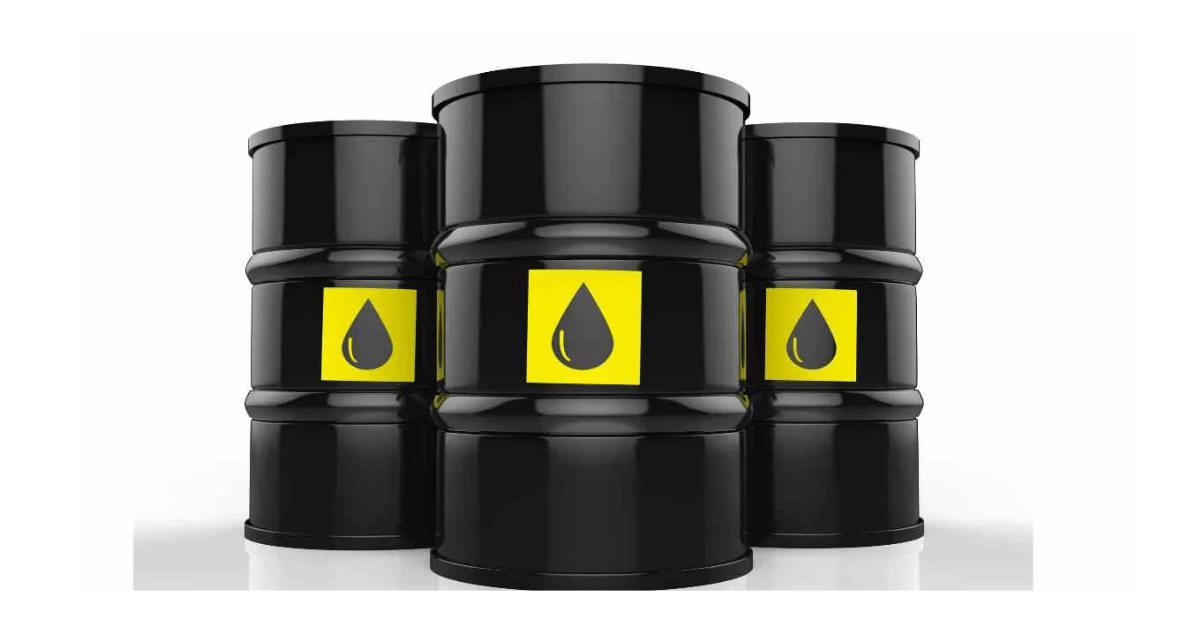
Nigeria lost N249bn due to drop in oil output in July
Nigeria lost about N249bn crude oil revenue in July following a plunge in the country’s oil output by over four million barrels in the same month, latest oil production data seen on Sunday showed
Data obtained from the Nigerian Upstream Petroleum Regulatory Commission indicated that while the country’s total oil production in June was 37.5 million barrels, it dropped to 33.5 million barrels in July.
This shows that the country lost about four million barrels of oil between June and July. Pipeline vandalism and crude oil theft have been blamed severally as the reason for the plunge in Nigeria’s oil output.
The average cost of Brent, the global benchmark for crude oil, in July 2023 was $80.1/barrel, according to data from the World Bank.
By losing four million barrels of crude oil in July, it implies that Nigeria lost about $320.4m in the review month.
Figures from the United States dollar to Nigerian naira spot exchange rates for 2023 put the average exchange rate of the local currency in July at N777.3/$.
When the average exchange rate in July is multiplied with the $320.4m, it implies that Nigeria lost about N249bn during the month under review.
On daily crude oil output, figures from the NUPRC showed that in June, the country pumped 1.25 million barrels per day, but this dropped to 1.08mbpd in July.
The country had produced 1.18mbpd in May, which was higher than the 0.99mbpd production figure recorded in the preceding month of April.
The oil fall
According to The PUNCH exclusively reported recently that Nigeria’s crude oil output dropped by 38,102 barrels per day in March, translating to a cumulative loss of about 1,181,162 barrels, and signaled the first plunge in oil production since seven months.
But the drop grew worse in April, as it plunged by 269,600 per day when compared to what was recorded in the preceding month.
Nigeria’s oil production had been on the rise since September 2022, following concerted efforts by the Federal Government and stakeholders to curb oil theft in the sector.
The rise in oil output was, however, not sustained in March, as figures from the NUPRC showed that while the country pumped 1.31mbpd of crude daily in February, the volume dropped to 1.27mbpd in March and further went down to 0.99mbpd in April.
Nigeria recorded its lowest oil production volume of 0.94mbpd in September 2022. The Federal Government and oil sector players had blamed this on the massive crude theft in Nigeria’s oil rich Niger Delta.
The situation also led to humongous revenue losses for the country, international oil companies operating in Nigeria, as well as indigenous operators in the industry.
But the country’s oil output started improving after September, following concerted efforts by security officials and oil operators, as industry figures showed that crude production rose to 1mbpd in October 2022.
This indicated an increase of 0.077mbpd when compared to the 0.937mbpd output in September. In November, the country pumped 1.185mbpd crude, representing an increase of 0.171mbpd when matched against what was produced in October.
The rise in output continued in December last year, as Nigeria produced 1.253mbpd in that month, indicating an increase of 0.05mbpd when compared to its output in November.
The 1.258mbpd oil production in January 2023 was about 23,000bpd higher than the 1.235mbpd crude oil output in December 2022.
The momentum was sustained in February, with an output of 1.31mbpd. But the volume dropped to 1.27mbpd in March, putting an end to the seven-month run in Nigeria’s oil output. It further went down in April to 0.998mbpd, moved up to 1.18mbpd in May, increased further to 1.25mbpd in June, but crashed to 1.08mbpd in July.
Commenting on the development, the President, Petroleum Products Retail Outlets Owners Association of Nigeria, Billy Gillis-Harry, had earlier told our correspondent that the drop in oil output posed a dangerous sign.
“That is a very dangerous signal of trouble that is coming. This is because we thought that with what the Tompolo team is doing, we should be approaching about two million barrels of crude oil production per day.
“So if the volume of reduction per day is this frightening, then it is something that calls for urgent investigation. If we have dropped from over 1.3 million barrels per day to about 900,000 barrels per day, that is already about 400,000 barrels that are lost daily and it is a very negative and bad trend for Nigeria.
“It portends economic downturn that could be drastic if the situation continues. However, I believe that with all of these new oil discoveries in Nasarawa and Bauchi, and production commencing, there may be a positive change,” Gillis-Harry stated.










